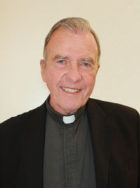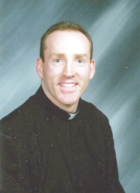Besides scientism, another subject, perhaps the subject that Percy deals with more than any other is the mystery of the human person. In his six novels and his books of essays, Percy focuses on what it means to be a human person, what it means to be an image of God. Right now I cannot think of a more important topic.


